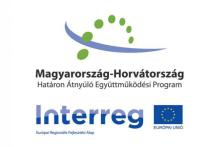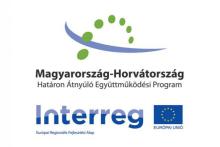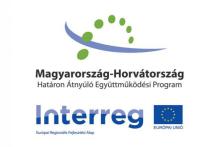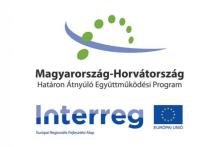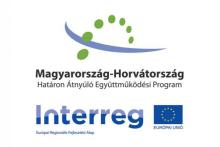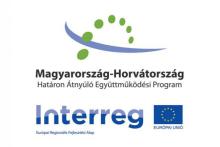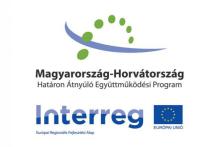Project ID
HUHR-1901-3.1.1-0032
Project title
Analysis of the long term efficiency of vaccinations against infectious diseases in the border regions of Croatia and Hungary
Project manager, contact details
Tóth Enikő, eniko.toth@pte.hu
Academic supervisor, contact details
Dr. Németh Péter, nemeth.peter@.pte.hu
Total project budget
256.817,76 EUR
Total budget of UP
132.673 EUR (85% EU támogatás,15% Hazai társfinanszírozás)
Project start date
Project end date
Coordinator
University of Pécs (HU)
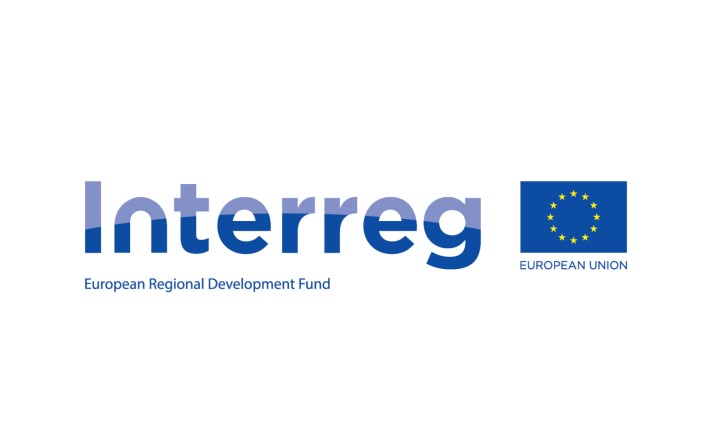
Partner Organisations
Zavod za javno zdravstvo Osječko-baranjske županije / Institute of Public Health for the Osijek-Baranja County (HR)
General description
A projekt fő célja a PTE Immunológiai és Biotechnológiai Tanszékének, valamint horvát Baranja Közegészségügyi Szolgálat Tanszékének együttműködésében az, hogy világos és bizonyítékokon alapuló jelentést készítsenek a határmenti populáció immunitás védelméről a a vakcinával megelőzhető fertőző betegségek esetében. Egy egyszerű, gyors, olcsó és hatékony laboratórium elemzési módját az egyéni immunitás vizsgálatának az olyan fertőző betegségek esetén mint a kanyaró, a mumpsz és a rubeola (MMR), a magyar partner kifejlesztette és publikálta. A klasszikus vpc-ket mindkét országban jól szervezett módon felszámolta a közegészségügy, de sajnos egyes erősen fertőző betegségek, beleértve a kanyaró ismét megjelentek világszerte, beleértve a közelmúltban Európát is.
Mindkét határ menti régióban alapvető fontosságú a veszélyeztetett csoportok azonosítása és az újraoltás protokolljának meghatározása. Ennek a feladatnak a végrehajtásához az említett laboratóriumi módszer alkalmazható, kiterjeszthető.
A projekt az EU támogatásával a Magyarország-Horvátország Határon Átnyúló Együttműködési Program keretében valósul meg.
Application monitoring
News reference
Project ID
HUHR-1901-3.1.1- 0032
Project title
Analysis of the long term efficiency of vaccinations against infectious diseases in the border regions of Croatia and Hungary
Project manager, contact details
Enikő Tóth, eniko.toth@pte.hu
Academic supervisor, contact details
Péter Németh, Dr., nemeth.peter@.pte.hu
Total project budget
256.817,76 EUR
Total budget of UP
132.673 EUR (85% EU contribution,15% National contribution)
Project start date
Project end date
Coordinator
University of Pécs (HU)

Partner Organisations
Zavod za javno zdravstvo Osječko-baranjske županije / Institute of Public Health for the Osijek-Baranja County (HR)
General description
Our major aim in this joint project between the University of Pécs, Department of Immunology and Biotechnology, and the Department of Public Health Service Baranja County, Osijek – is to earn a clear and evidence based status report of immunity protection of cross-border populations in both countries against vaccine prevented communicable diseases (vpcds). A simple, fast, high throughput and cost effective laboratory method for analysing the individual immunity status against measles, mumps and rubella (MMR) has been developed and published by the Hungarian partner. The classical vpcds have been eradicated in both countries according to the well-organized public health, but unfortunately, once eradicated highly infectious diseases, including measles have re-appeared worldwide including Europe recently.
The challenge is most stressful in the common border region of Croatia and Hungary because of the intensified traffic through the border. To prevent residents, it is of principal importance in both border regions to identify groups-at-risk and to define the protocol for re-vaccination. To implement this task our laboratory method for assessing the protection status against MMR– after standardization and ISO accreditation – is applicable. This project is ideal to expand the geographic coverage of survey over the borders and to develop a statistical algorithm to gain accurate knowledge of the immunologically protected status of population groups of different ages in the border region (and beyond, if possible).
This project has been implemented with the financial assistance of the European Union within the Hungary-Croatia Interreg V-A Co-operation Programme.
Application monitoring
News reference

